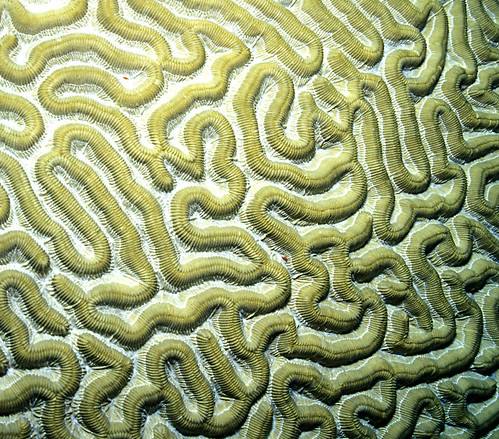GENERAL
What is neuropsychiatry and should it take the place of the two sub-disciplines that already exist. Why?
The mind and brain are separate entities. Assess the validity of this statement and indicate any implications your conclusions have for medical science.
Are psychiatric 'illnesses' real?
Why should psychiatry symptoms be evaluated from a neurological perspective?
What is functional illness and why is it no longer a useful construct?
You are writing a letter to the Dean of Medicine, explaining why psychiatry and neurology should be combined both for research and for teaching. What would your argument be?
People with schizophrenia, eating disorders, depression, addition etc are not really ill in the true medical sense. Discuss.
What is wrong with psychiatry and neurology as they are currently?
A leading physician announces that mental illness must be understood by "chemicals, culture and everything in between". What might she mean? Illustrate your answer with clinical examples.
SPECIFIC
Psychosis
Is psychosis something made up by the patient?
What can visual hallucinations tell us about schizophrenia?
Hallucinations are nothing more than creations on the part of the ‘sufferer’ for attention. Discuss this in the light of recent findings.
Psychosis – Somatic Hallucinations
What can we hope to learn from phantom limb syndrome?
How do somatic hallucinations speak to the mind-brain problem?
Schizophrenia is a functional disorder. With reference to somatic hallucinations, assess this statement.
Why are discussions of somatic hallucinations useful to proponents of neuropsychiatry?
Eating disorders
Discuss the pattern of change in the scientific approach toward eating disorders?
How has neuroimaging helped researchers to map the neural correlates of eating disorders? Is it enough to understand it?
Eating disorders are a purely social phenomenon. Discuss.
What is known about the aetiology of eating disorders?
Mood
Is there any evidence suggesting that mood disorders can be caused by brain pathology? If so, why wont this account be complete?
Do depression and mania have an organic basis?
How can the occurrence of depression and mania be affected by brain function?
Are individuals with severe depression just malingerers?
Somatoform disorders
Conversion disorder is ideopathic. Discuss this statement in light of recent neuroscientific findings.What does Vuilleumier’s (2005) review tell us about conversion disorder?
The DSM-IV claims somatoform disorders are those without an organic basis. Is the DSM-IV correct?
What is body dysmorphic disorder, is it a stand-alone disorder and what ways might one go about treating it?
Why are recent findings on conversion disorder so valuable to the case for neuropsychiatry?
Dissociative disorders
Dissociative disorders are alterations in the subjective nature of consciousness. How does recent research into their nature speak to the mind/brain debate?
Dissociative and somatoform disorders are traditionally as functional disorders. Are they?
Anxiety
Do anxiety disorders only develop because of socio-cultural factors?
Anxiety disorders only have biological causes. Discuss.
What are the biological mechanisms that cause anxiety disorders?
Why might a person have anxiety disorder?
Are we accurate to infer that damage to the right hemisphere is the cause of OCD?
Discuss the mediatory effects of neurochemicals in OCD. How does this speak to the issue OCD's status as a mental illness?
Is religion rooted in the brain?
Religion is an evolutionary adaptation with a neural basis. Discuss.
Anxiety disorders only have biological causes. Discuss.
What are the biological mechanisms that cause anxiety disorders?
Why might a person have anxiety disorder?
Obsession
Obsessive-compulsive behaviour can be observed as a symptom and personality trait. Discuss.Are we accurate to infer that damage to the right hemisphere is the cause of OCD?
Discuss the mediatory effects of neurochemicals in OCD. How does this speak to the issue OCD's status as a mental illness?
Religion
Religion is an evolutionary adaptation with a neural basis. Discuss.


No comments:
Post a Comment